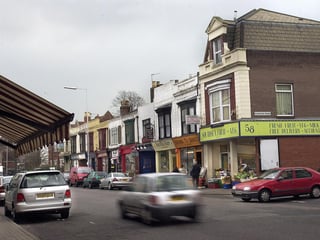The Portsmouth street which disappeared after war thanks to 'progress'
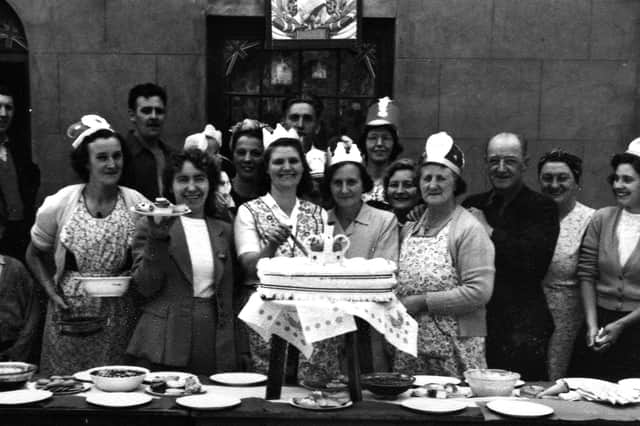

As the city gradually recovered from the ravages of the Second World War, many streets, usually row after row of terraced homes, were demolished as the city was finally redeveloped in the 1960s and ’70s.
One of them was Seymour Street at Buckland. It was little different to countless others in Portsmouth, but, like the rest, it held unique memories for those who grew up there.
Advertisement
Hide AdAdvertisement
Hide AdA recent Remember When picture (reproduced again here) shows the deserted street, perhaps cleared of its residents because demolition was imminent.
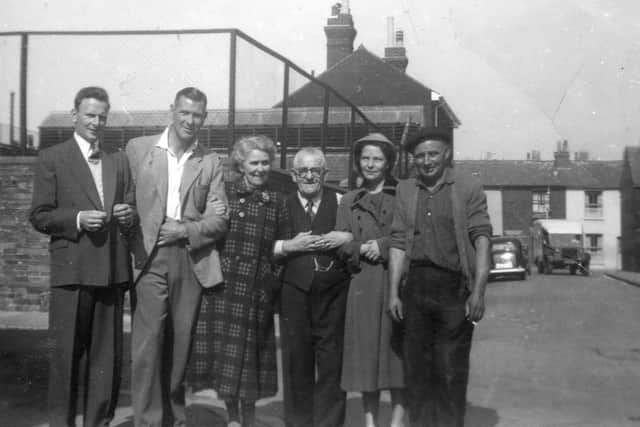

Mick Johnson saw that image and it sparked a host of memories. For he was one of those who grew up in the street with almost his entire ‘nuclear’ family.
It was a thriving community and he wanted to remind us of how it was.
He got in touch, not only with his reminiscences, but also with all the pictures here when, as he says, Seymour Street was ‘alive’. These are his words.
Advertisement
Hide AdAdvertisement
Hide Ad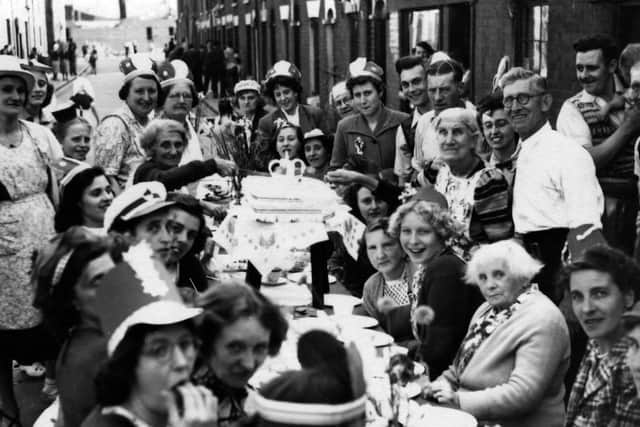

‘The council did more than demolish houses when they razed most of Buckland. It destroyed communities and split families asunder.
‘My family were well entrenched in Seymour Street in the early sixties where I lived all my early life until 1965, living at number 8 with my mum and dad Roy and Rose (née Tee) Johnson with three sisters and one brother. We all attended Wellington Place School.
'My dad's sister lived next door at number 10. Aunt Jess and Uncle Bill Wheatcroft and their daughter Pat ran the Delhi Tavern, along with her husband Bill Sturgess, up until its closure.
‘Then at number 12 we had my dad's parents Fred and Elizabeth Johnson (née Betteridge) whose cousin Fred Betteridge lived at number 18, next door to my dad's brother uncle Jim and aunt Alma (née Beck) Johnson at number 20.
Advertisement
Hide AdAdvertisement
Hide Ad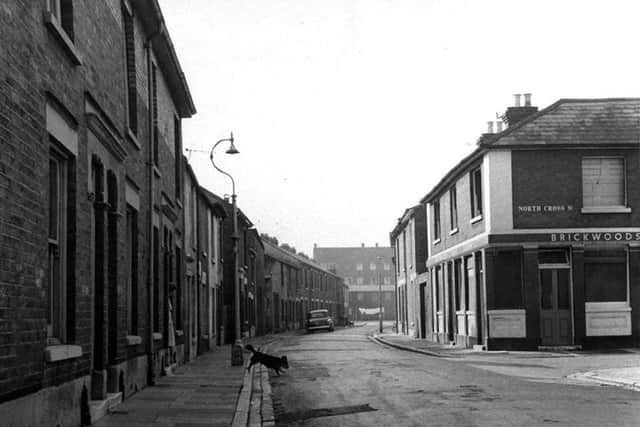

‘Then we had cousin Freddie Johnson next door at number 28. The numbers were changed because a row of larger houses were rebuilt with numbers 6, 22, 24 and 26 disappearing.
‘Up the other end lived my grandparents Frank and Louisa (née Harfield) Longyear who lived at 68.
‘Opposite, at number 1, was my grannie Lizzie's sister, great aunt Nell Jestin (née Betteridge), while at number 9 lived uncle Cowan and aunt Eva Johnson (Freddie and Morrie's parents) with my aunt Alice (Tée) and uncle Arthur Smith lived at number 15 (he's still about and will be 90 this year).
‘Then along at number 21 were my mum's parents, Bill Tee and nannie Louisa Tee (née Longyear).
Advertisement
Hide AdAdvertisement
Hide Ad‘At number 27 was Reggie Betteridge (Fred's brother) and at 29 cousin Morry Johnson.
‘ We were all scattered to the four winds after the council finished its work, never to see the like of such family gatherings again.’
Comment Guidelines
National World encourages reader discussion on our stories. User feedback, insights and back-and-forth exchanges add a rich layer of context to reporting. Please review our Community Guidelines before commenting.
